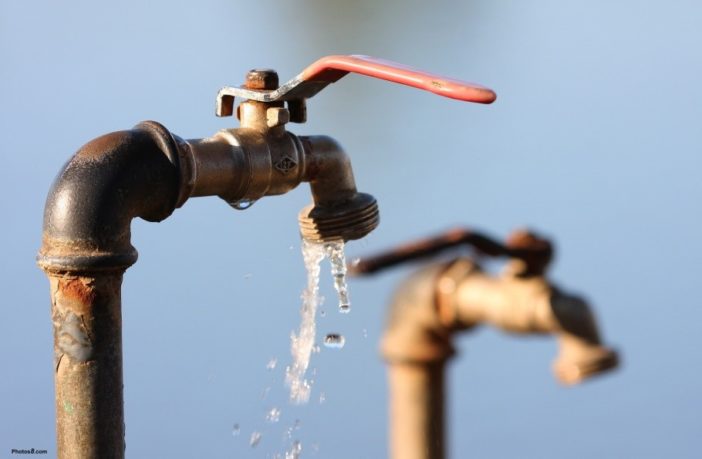Cape Town is facing its biggest climate change crisis in history – the city is about to run out of water. Last week a group of farmers from the Elgin region started pumping roughly 10 million cubic meters of water from their dams to the Steenbras Dam, one of the major dams that service the Cape Metropole. While the initiative may not prevent day zero from happening, it buys precious time for the City of Cape Town and its people. Day zero was recently moved out from May 11th to June 4th 2018.
Climate change is a big threat to crop failure and loss of livestock in the agricultural sector in South Africa. Modern farmers monitor weather patterns and water levels with a hawk eye simply because their livelihoods depend on it. Their monitoring systems record real time data at micro level in order to predict local weather patterns and trends. They are ‘communal’ in tackling the problem and regularly share their knowledge as they often share communal resources like dams or rivers.
Such is the case with the farmers in the Elgin area which lies about 70 km southeast of Cape Town. The area has experienced good rains and the farmers, who are members of the local Greenland Water Association, found themselves with surplus water as a collective. In true community spirit, they were happy to help out because they understand the value of time when it comes to climate change events.
Farmers will also tell you climate change can be bi-polar in nature and unpredictable. Drought one month and flooding the next. The Cape Area is currently experiencing the worst drought in living memory based on data records going back to 1921. The last six years have been particularly significant; the lowest rainfall ever has been recorded over this period resulting in an extended drought but we have also seen weather spikes. During the same period, one of the highest daily rainfalls was recorded – on November 16 2013 65mm was recorded in a single day. On Mar 4, 2015, the mercury climbed to 42 degrees in an unprecedented heat wave, the highest daily temperature ever recorded in Cape Town.
The debate about climate change is not really about the fact that climates around the world are changing. We know this and have the data to prove it. It is about the reasons for the changes in climate. It is here where we get unstuck and through inaction, we find ourselves in the situation that Cape Town now finds itself.
We have a lot to learn from the farmers who work with nature on a daily basis. Their micro data pools and experience are invaluable in mitigating the risks of climate change on a regional and national level.
The farmers of Elgin specifically teach us that we need to work together if we are going to tackle the problem of climate change successfully. Their example has been inspirational for the broader Cape Community and the country as a whole.
Author: Bryan Groenendaal















